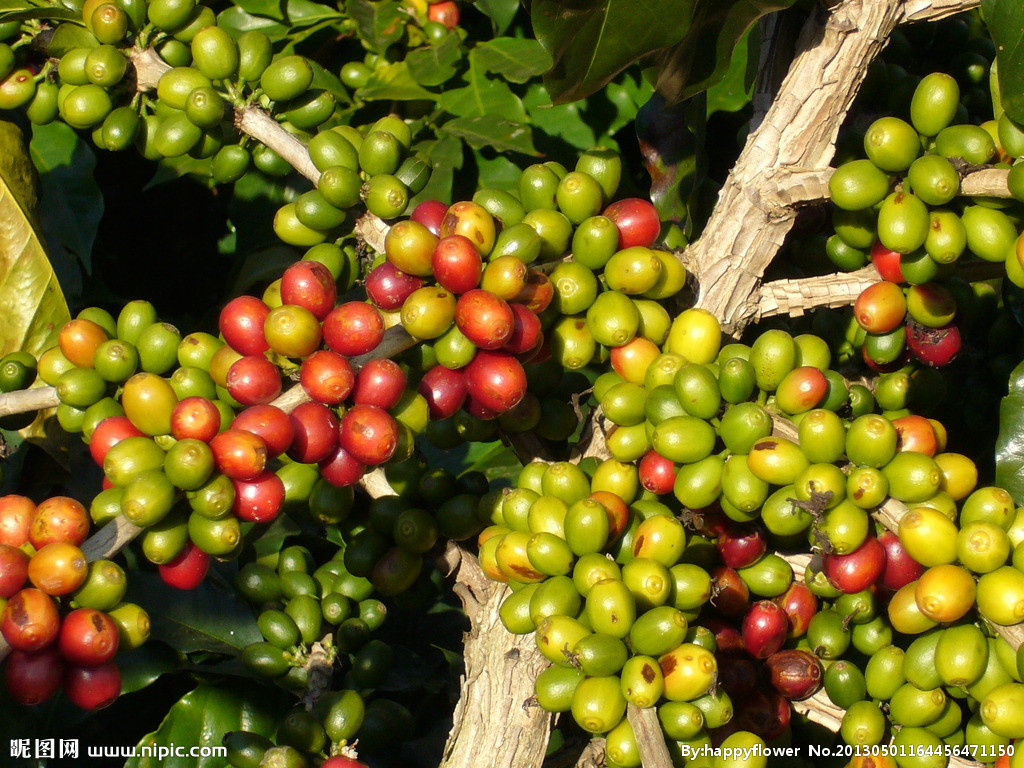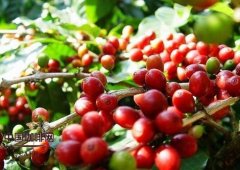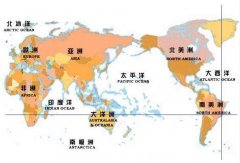The production of Ugandan Arabica coffee beans accounts for only 10% of the country's total coffee production.
Specialty coffee is also known as specialty coffee or specialty coffee. It refers to coffee made from green beans with excellent taste characteristics grown in a few extremely ideal geographical environments. Depending on the particular soil and climatic conditions in which they are grown, they have outstanding flavors. This type of coffee is then strictly selected and graded, and its texture is hard, rich in taste, and excellent in flavor. It is a selected coffee bean.
Uganda
In Uganda, Arabica coffee beans account for only 10% of the country's coffee production, but it is enough to attract attention. Uganda's best coffee is mainly grown in the Elgon and Bugisu mountains along the Kenyan border in the north and the Ruwensori mountains in the west, where coffee is available for export in January or February of each year.
The equator crosses Uganda, and the right climate makes it the world's leading producer of robert coffee beans. In the 1960s Uganda's coffee production remained at 3.5 million bags per year. By the mid-1980s, mainly for political reasons, coffee production had dropped to 250 bags a year. But coffee production is picking up again and is now about 3 million bags a year. One of the major problems facing the coffee industry is the lack of good roads to transport coffee to ports such as Mombasa in Kenya or Dar es Salaam in Tanzania.
In order to improve coffee quality and reduce costs, Uganda abolished the exclusive rights of the Coffee Marketing Board (CMB) in November 1990. Most of the work previously undertaken by the Coffee Marketing Committee has now been transferred to cooperative organizations. Privatized coffee generates two-thirds of the country's export revenue, so the government imposed a tax on coffee in the hope of raising much-needed revenue. This has led to a 20% drop in coffee exports and an increase in coffee smuggling.
As in Tanzania, where rising coffee prices in recent years have encouraged farmers to return to plantations and reclaim once-abandoned land for coffee, Uganda's coffee industry looks promising.

Important Notice :
前街咖啡 FrontStreet Coffee has moved to new addredd:
FrontStreet Coffee Address: 315,Donghua East Road,GuangZhou
Tel:020 38364473
- Prev

Mocha coffee beans are made in Yemen.
Yemen was called Arabian until the 6th century AD, so coffee trees shipped from Yemen to other places were also called Arabian coffee trees. But the origin of these trees is Ethiopia, and the Dutch spread these coffee trees around the world. Dutch businessmen sailing eastward around the Cape of good Hope (The Cape Of Good Hope) began their long distance
- Next

Nakond and Isoka Regions Zambia
Zambia Coffee was introduced to Zambia from Kenya and Tanzania in the early 20th century, and now it also produces giant beans and bean-shaped berry beans. High quality Zambian coffee is on the rise, although slightly lighter in flavor, but similar in flavor to Kenyan coffee and at exactly the same price. Zambian coffee is mainly grown in Kasama in the north.
Related
- Does Rose Summer choose Blue, Green or Red? Detailed explanation of Rose Summer Coffee plots and Classification in Panamanian Jade Manor
- What is the difference between the origin, producing area, processing plant, cooperative and manor of coffee beans?
- How fine does the espresso powder fit? how to grind the espresso?
- Sca coffee roasting degree color card coffee roasting degree 8 roasting color values what do you mean?
- The practice of lattes: how to make lattes at home
- Introduction to Indonesian Fine Coffee beans-- Java Coffee producing area of Indonesian Arabica Coffee
- How much will the flavor of light and medium roasted rose summer be expressed? What baking level is rose summer suitable for?
- Introduction to the characteristics of washing, sun-drying or wet-planing coffee commonly used in Mantenin, Indonesia
- Price characteristics of Arabica Coffee Bean Starbucks introduction to Manning Coffee Bean Taste producing area Variety Manor
- What is the authentic Yega flavor? What are the flavor characteristics of the really excellent Yejasuffi coffee beans?

